Jonathan Müller
Functional Programming in C++
#1about 3 minutes
Understanding functional programming principles in C++
Functional programming is a declarative style that eliminates state to reduce bugs, and C++ allows combining its benefits with imperative performance.
#2about 4 minutes
Building lazy data pipelines with C++20 ranges and views
Use `std::ranges` and views like `transform` and `filter` to create lazy, state-free data processing pipelines that avoid intermediate allocations.
#3about 8 minutes
Solving complex problems with advanced range adaptors
Leverage powerful range adaptors like `cartesian_product` for combinations and `chunk_by` for splitting sequences based on a predicate.
#4about 6 minutes
Creating composable error handling with `std::expected`
Model failures as values using `std::expected` to build clear, functional error handling pipelines with `transform` and `and_then`.
#5about 4 minutes
Separating IO from computation using deferred actions
Isolate side effects by composing IO operations as declarative actions, a pattern that mirrors the upcoming C++26 senders and receivers framework.
#6about 2 minutes
Understanding monads as a unifying composition pattern
Recognize that ranges, `std::expected`, and IO actions are all monads, sharing a common interface for composition with `transform` and `and_then`.
Related jobs
Jobs that call for the skills explored in this talk.
Hubert Burda Media
München, Germany
€80-95K
Intermediate
Senior
JavaScript
Node.js
+1
Matching moments
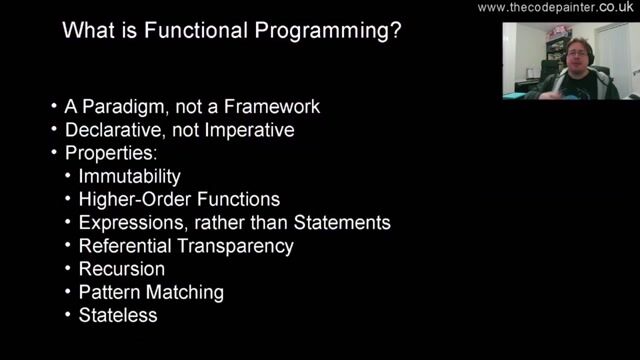
05:00 MIN
Core principles of the functional programming paradigm
Down the Oregon Trail with Functional C#
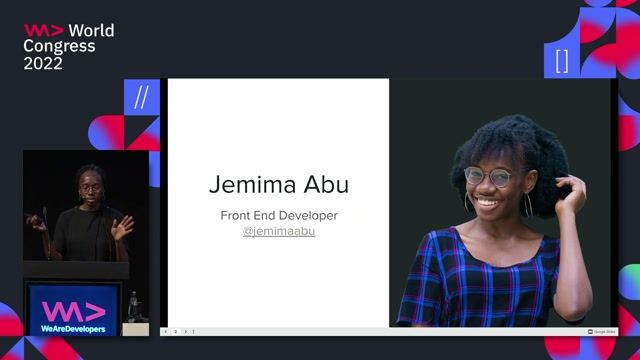
02:13 MIN
Core principles of functional programming
A Guide To Functional Programming
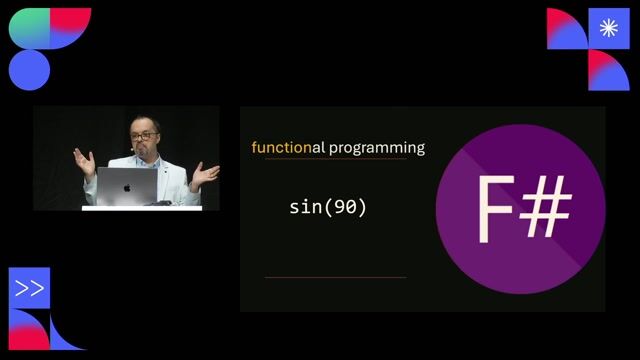
03:32 MIN
Understanding functions as mathematical concepts
F#, path to functional enlightenment
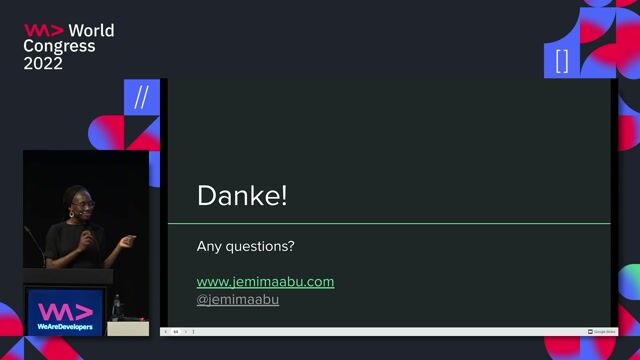
06:04 MIN
Audience Q&A on functional programming concepts
A Guide To Functional Programming
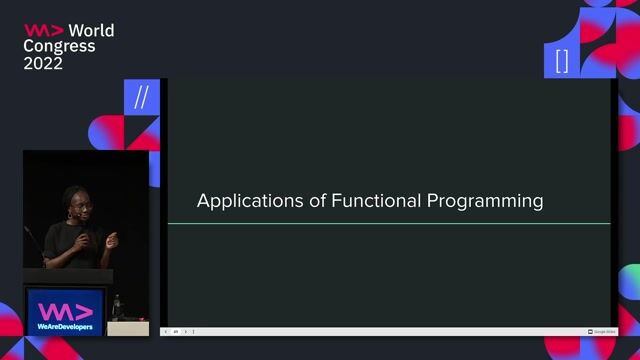
02:00 MIN
Real-world applications of functional programming
A Guide To Functional Programming
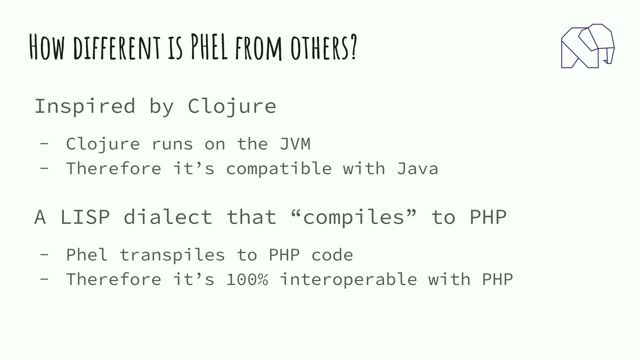
00:31 MIN
Comparing functional and object-oriented paradigms
Phel, a native Lisp for PHP

02:18 MIN
Shifting from object-oriented to functional programming
F#, path to functional enlightenment
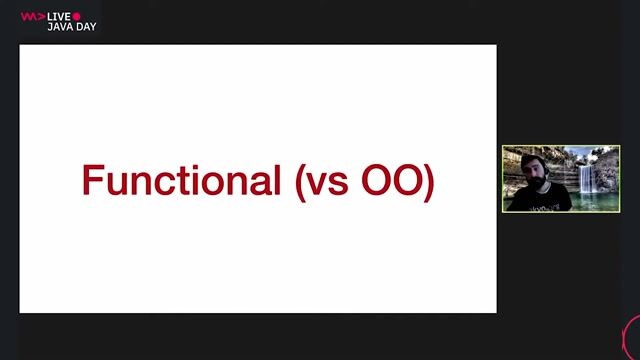
02:51 MIN
The core concept of pure functions versus side effects
Java with a Clojure mindset
Featured Partners
Related Videos
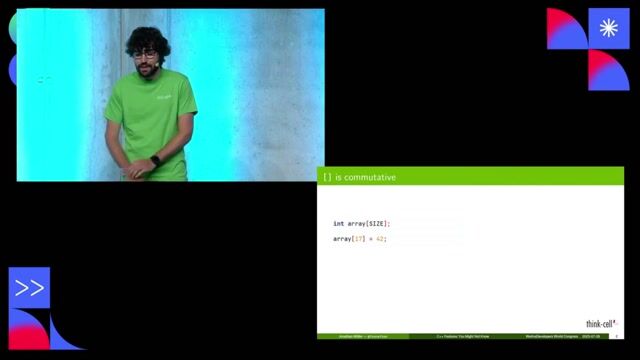 24:13
24:13C++ Features You Might Not Know
Jonathan Müller
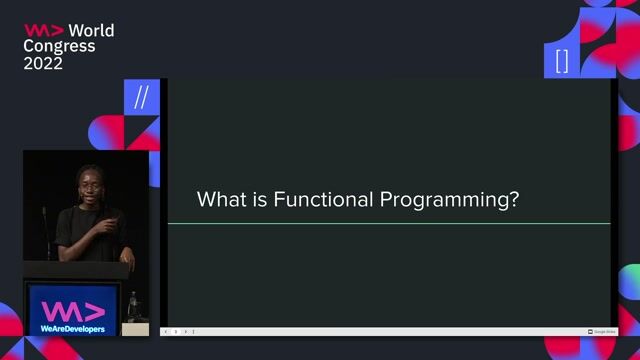 25:29
25:29A Guide To Functional Programming
Jemima Abu
 29:15
29:15F#, path to functional enlightenment
Onur Gumus
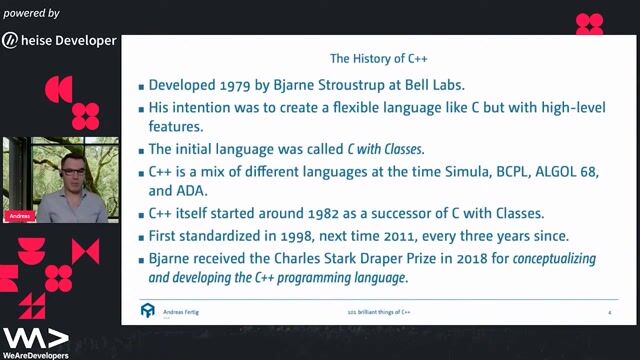 45:27
45:27101 brilliant things of C++
Andreas Fertig
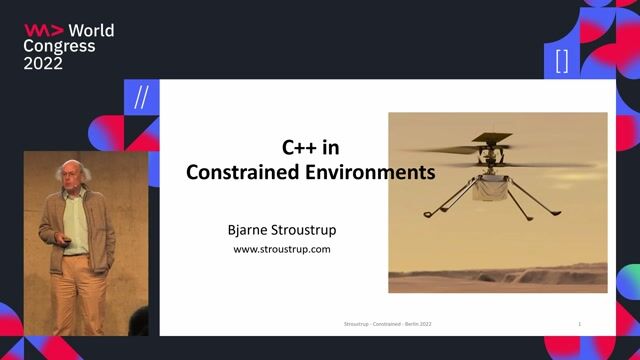 1:00:16
1:00:16C++ in constrained environments
Bjarne Stroustrup
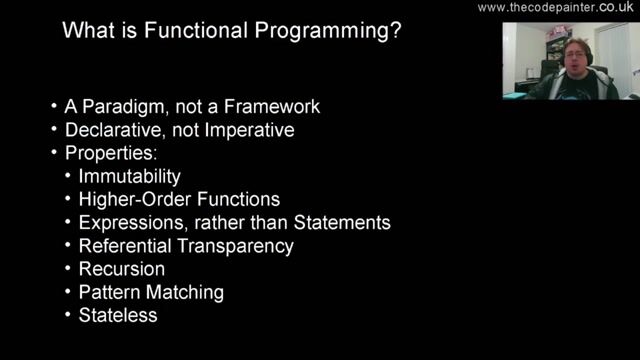 46:08
46:08Down the Oregon Trail with Functional C#
Simon Painter
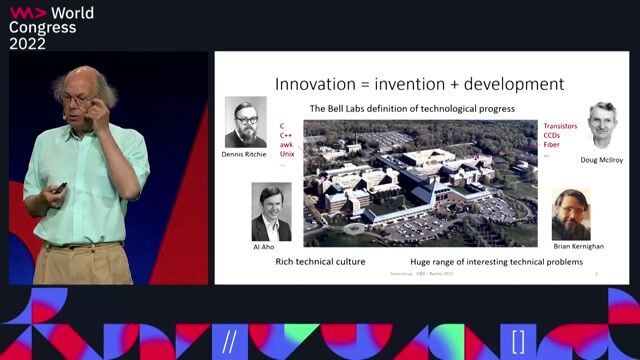 1:01:15
1:01:15The Design and Evolution of C++
Bjarne Stroustrup
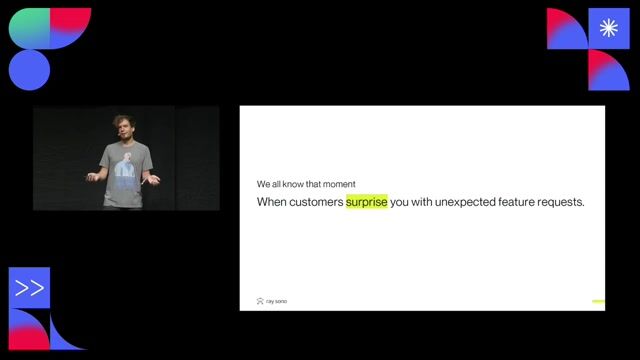 28:48
28:48Tackling Complexity With Functional Programming And Kotlin
Georg Dresler
Related Articles
View all articles



From learning to earning
Jobs that call for the skills explored in this talk.

&why GmbH
Berlin, Germany
€50-70K
Junior
Intermediate
Senior
React
Next.js
TypeScript

Confideck GmbH
Vienna, Austria
Remote
Intermediate
Senior
Node.js
MongoDB
TypeScript






